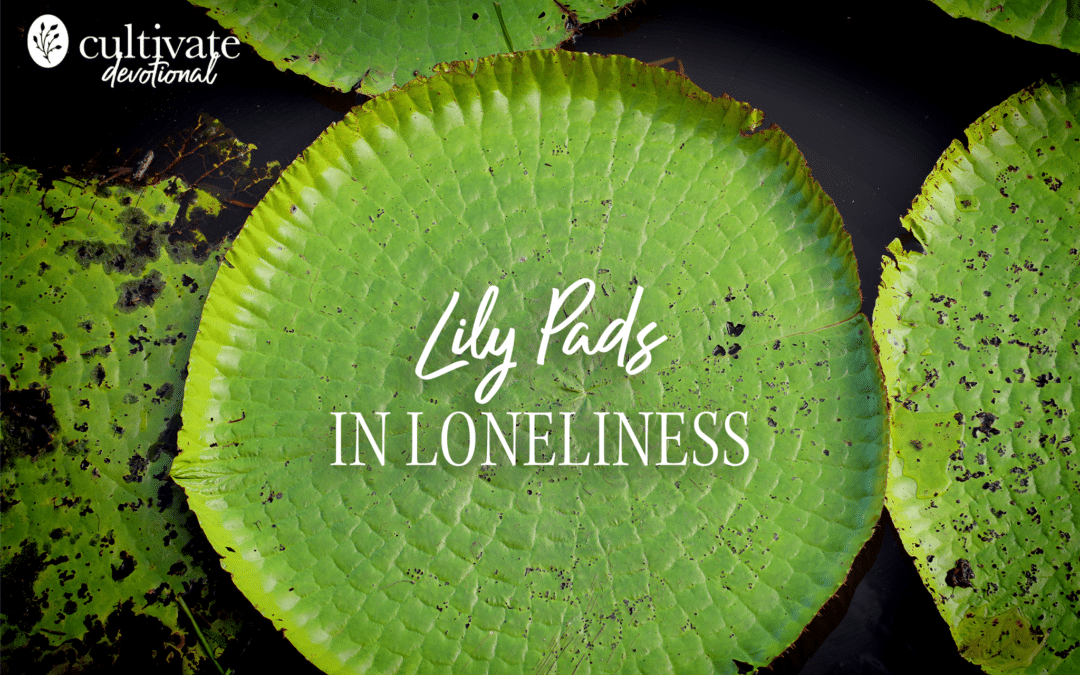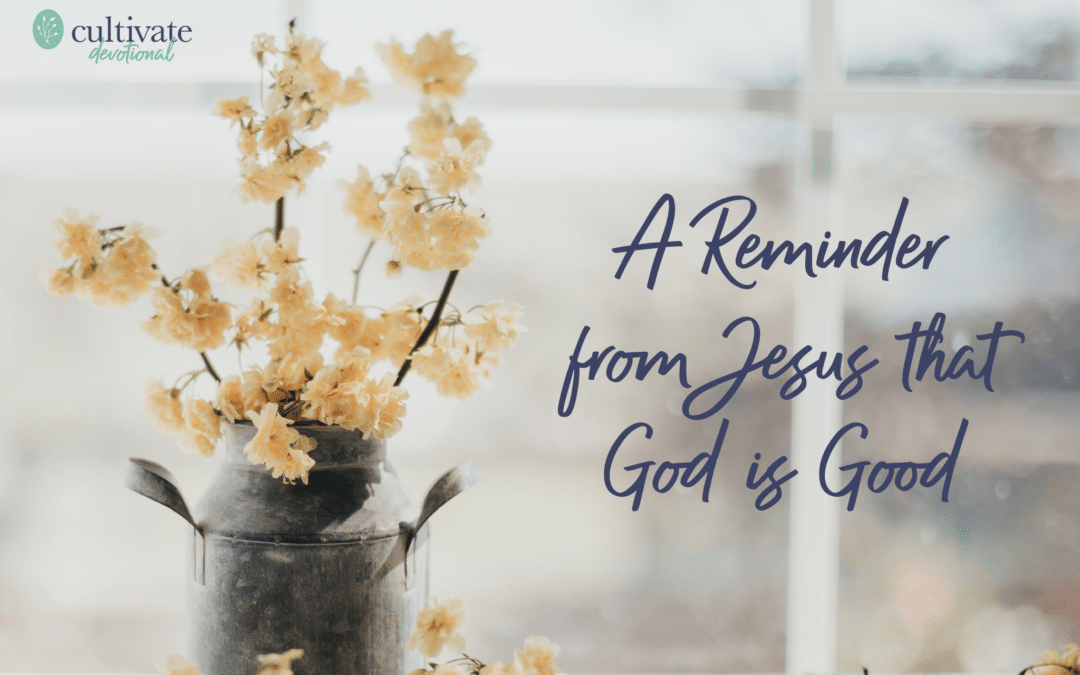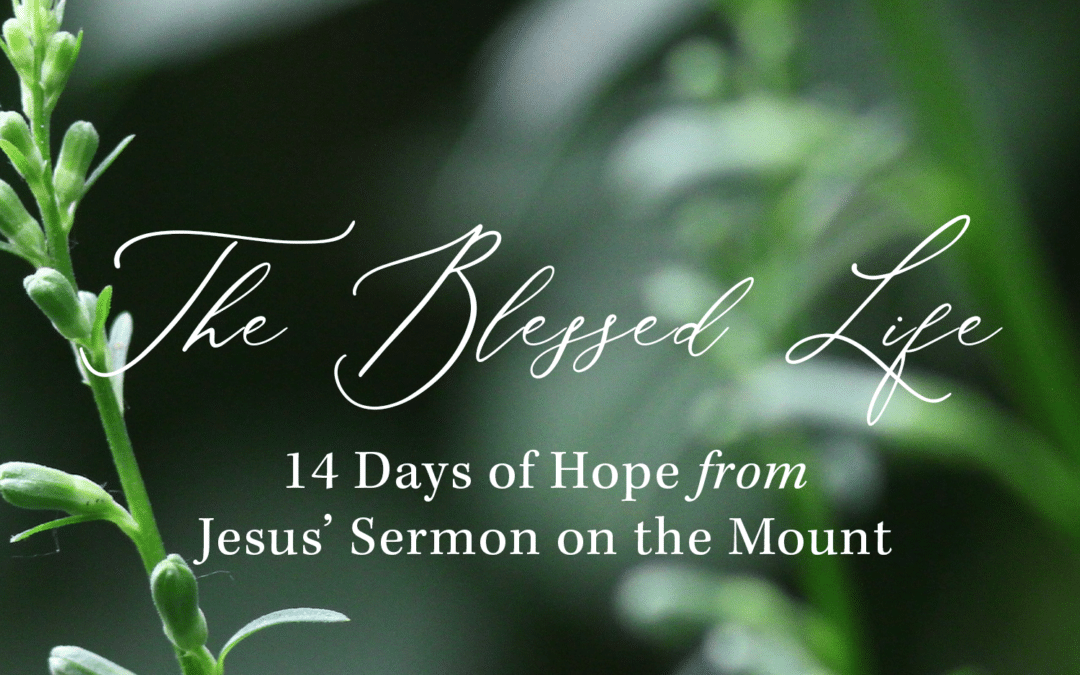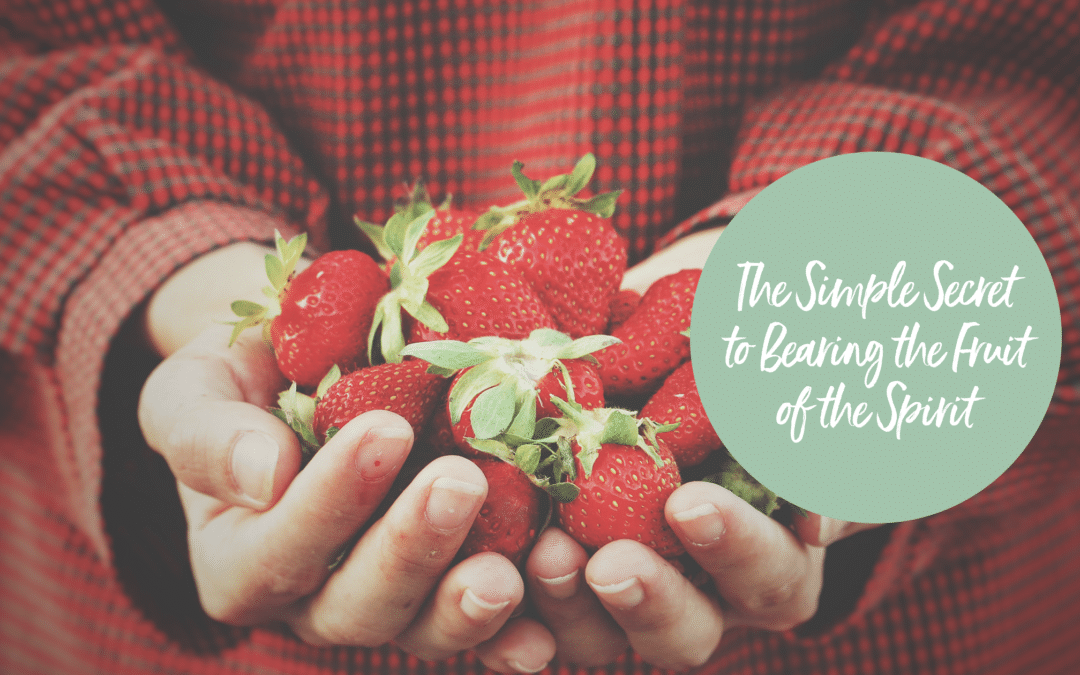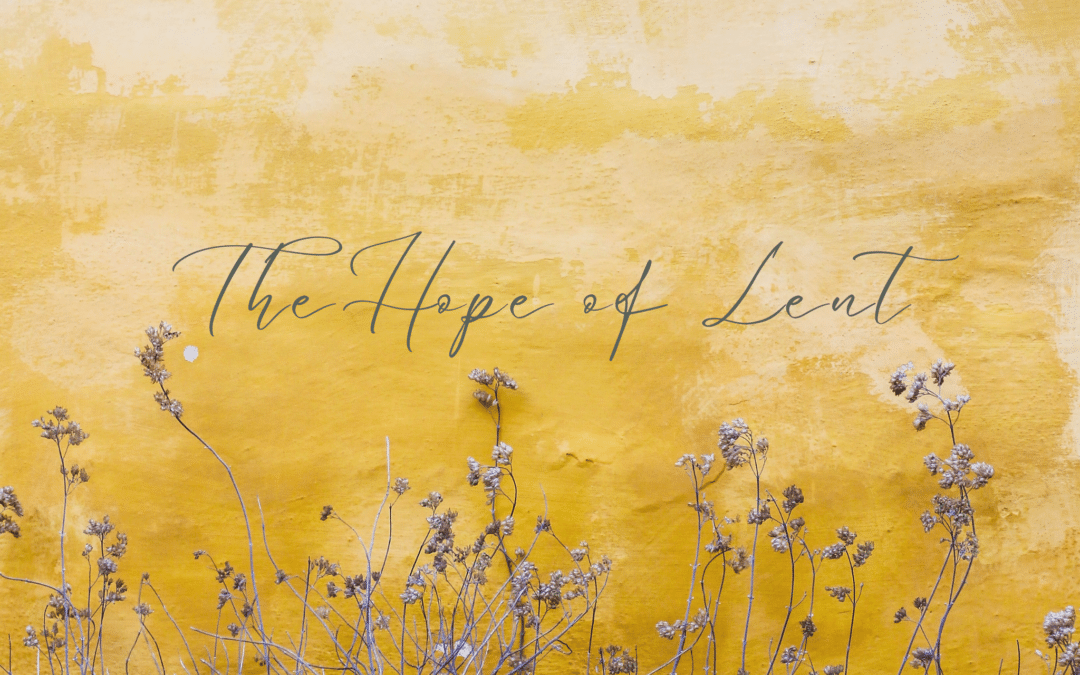I just returned from the Amazon jungle where I taught at Justice & Mercy International’s Annual Jungle Pastors Conference. Ninety-four indigenous men and women gathered for a week of Bible teaching and renewal. Many traveled by boat and bus for several days to...

Bible Studies For Your New Year
Finding God Faithful: A Study on the Life of Joseph
I loved getting to write on Joseph’s life because he’s one of the most beloved in all of Scripture. His story has fascinated me since I was a little child sitting in Sunday School. As I’ve grown, so have both my joys and pains, which is why I love Genesis 37-50 even more. Joseph’s story welcomes us with open arms, summons us into the living room and invites us to sit down awhile and listen. So many have found a dear companion in Joseph because his life displays so much of the human experience. We all “get” Joseph on some level. We can relate to him. We’ve probably never owned a multi-colored robe that nearly cost us our lives, or traveled as a slave by camel to a foreign land, but we understand difficult family relationships. We’ve experienced betrayal. We know unfair. Broken dreams have nearly sunk us. And almost every one of us has wondered at some point in our lives, where is God?
Joseph’s story doesn’t necessarily answer all of our questions, but biblical stories rarely do. They actually accomplish something more important. They reveal truths about God, our world, and ourselves, and in doing so sweep us into the much bigger story that’s being told: The saving story of Jesus. No matter what season you’re in, Joseph’s story speaks to all of us. (Teaching videos are available for this study, as well as a teen version.)
No Other Gods: The Unrivaled Pursuit of Christ
People often ask me what my favorite study was to write. While my favorite is typically whatever I’m writing at the time, No Other Gods is definitely what I would call my life-message. It’s the most personal of all the studies I’ve written because I struggled and fought this one out with the Lord years before, and even while, I was writing it. I was thankful to recently add teaching videos to No Other Gods while updating the content because no journey has been more full of blessing and freedom than the journey of turning from the things I’d put my hope and trust in (my personal idols), and being obedient to Jesus. There is nothing and no one like Him.
In this study we’ll spend a good amount of time looking at the Israelites, since they had so much experience with idolatry, while also jumping to the New Testament for a good measure of the power and freedom and healing we have in Christ. If you only do one of my studies, I would encourage you to do this one. (Teaching videos are available for this study.)
All Things New: A Study on 2 Corinthians
I was initially drawn to this letter because of Paul’s thorn in the flesh and the sufficiency of Christ that met him in the midst of his trial. But I realized how much more there was to 2 Corinthians. For starters, the city of ancient Corinth was much like our own modern-day cities. It was a melting pot of electrifying cultural experiences, along with the myriad pitfalls of spiritual depravity. Still, Paul wrote to the church of God in Corinth. Consider that—God’s church in the middle of a booming culture. Through Paul’s letter we see that God’s church is meant to thrive in any city and every circumstance, making his message as timely as ever.
If you’ve never studied 2 Corinthians before here are a few things we’ll explore: What it means to bear treasures in jars of clay; How to meet Christ through a pressing trial; How to open your heart in the midst of hurtful relationships; What it means to embrace the lost and lonely; The joy and adventure of living generously; And perhaps what was most meaningful to me, what it means to live as ministers of the new covenant (the new covenant changes everything, by the way). Because of Jesus the old has gone, the new has come. 2 Corinthians is a great book for the new year and new beginnings. (Teaching videos are available for this study, as well as a teen version.)
What Love Is: The Letters of 1, 2 & 3 John
I was drawn to John’s letters because he speaks refreshingly in absolutes. He tells us what we can know about God and what we can be certain of. He draws straight lines between truth and lies, light and dark, and loving God versus loving this temporal world. John’s letters were written to encourage followers of Jesus to remain faithful to the truth, a message that’s as relevant and needed as ever.
I also love John’s emphasis on the meaning of true fellowship and community. He was big on us loving God and walking in the light in the context of rich community. And I learned a great deal about the doctrines of the Christian faith, which can sound academic, but when pressed into our daily lives are more grounding and hopeful than I could have imagined. John was all about the unfathomable love of Jesus, and he wanted you and me to know Him more than anything else in this world. (Teaching videos are available for this study.)
Nehemiah: A Heart That Can Break
Nehemiah had always been taught to me from a leadership angle (which it does lend itself to), but as I began studying it I realized it’s a book about missions. Nehemiah’s heart for the hurting, suffering, and poor stands out in dramatic fashion as he leaves the comfort and security of the Persian palace for the broken down city of Jerusalem. Nehemiah’s heart for the oppressed and suffering is a reminder to the church that we’re to be the hands and feet of Jesus.
While writing this study I was also working a good deal with a ministry in the Amazon Jungle. The Lord showed me a lot about how Nehemiah’s story is relevant to the work that needs to be done today all over our world. This study addresses teamwork, integrity, generosity, truth in culture, God’s compassion, and much more. It was one of the most practical and tactile studies I have gotten to write. Discover what God has put in your heart to do through the study of Nehemiah’s story. Let God break your heart for the lost and hurting, because a breaking heart is often what God uses to restore the broken. (Teaching videos are available for this study.)
Ruth: Loss, Love & Legacy
Now this study may actually be my favorite. It practically wrote itself, because what more can you add to the book of Ruth? While it has all the elements of an epic story of love and redemption, God as the hero of the story is unmistakable and points us to the coming Messiah as clearly as any Old Testament book does. Plus, it shows us how God is always at work in our lives even when we can’t see it (or how it’s right in front of our face and we just don’t want to accept it). If you’ve ever been devastated by loss, struggled as a stranger, or longed to be loved you’ll find a place with Ruth. She is one of my very favorite women in the Bible. And the way God shows Himself present and faithful—when life’s circumstances seem anything but—is profoundly hopeful and encouraging. (No teaching videos available for this study, so more time to discuss with your group.)
A Place at the Table: Fresh Recipes for Meaningful Gatherings
Okay, so this isn’t a Bible study. Not even close. But it is a great way to get cooking and cultivate community in the New Year! I wrote this cookbook with my dear friend and accomplished chef, Regina Pinto, and it’s a lot more than a cookbook. I had the chance to write about my own life, share gardening and hosting tips and tricks, and also reflect on how nourishing people around our tables fills both bodies and hearts. If you’re wanting to reach out to others in the new year, invite people over, and cook more, I hope you’ll grab a copy of this cookbook. (Hint: the best deal on A Place at the Table is at Amazon.com, LifeWay.com, Barnesandnoble.com)








